Mankato General View
In 1890, Mankato, Minnesota, was a bustling small city in Blue Earth County, situated along the Minnesota River’s bend, near its confluence with the Blue Earth River. With a population of around 5,500 in 1880, it had grown steadily by 1890, cementing its status as a regional hub in southern Minnesota. Originally named “Mahkato” by the Dakota people—meaning “greenish-blue earth”—a clerical error fixed its name as Mankato. By 1890, it was a thriving community shaped by its riverfront location and railroad connections. The city’s economy in 1890 was diverse and robust. Four railroads intersected here, driving commerce and industry. Mankato boasted machine shops, flour and feed mills, a woolen mill, linseed oil works, carriage and wagon factories, breweries, a pottery, and brick yards. Front Street, facing the river, was the commercial heart, lined with brick buildings that hinted at its growing permanence. The population included European immigrants and settlers drawn by the fertile Minnesota River Valley, opened to them after the 1851 Treaty of Traverse des Sioux. Socially, Mankato had three newspapers, reflecting an informed populace, and fourteen churches, signaling a strong community fabric. The Mankato Normal School, founded in 1868 (later Minnesota State University), educated teachers, while horse racing at Sibley Park drew crowds. Though the Dakota War of 1862’s mass execution lingered in memory, 1890 marked a period of prosperity and promise for this “Key City.”
Comentarios
Envíado por

OldPik
2 de marzo de 2025
Fuente
Enlace externo a la fuente¿Tienes fotos antiguas?
Comparte tus fotografías históricas y ayuda a preservar nuestra memoria colectiva.
Subir fotos
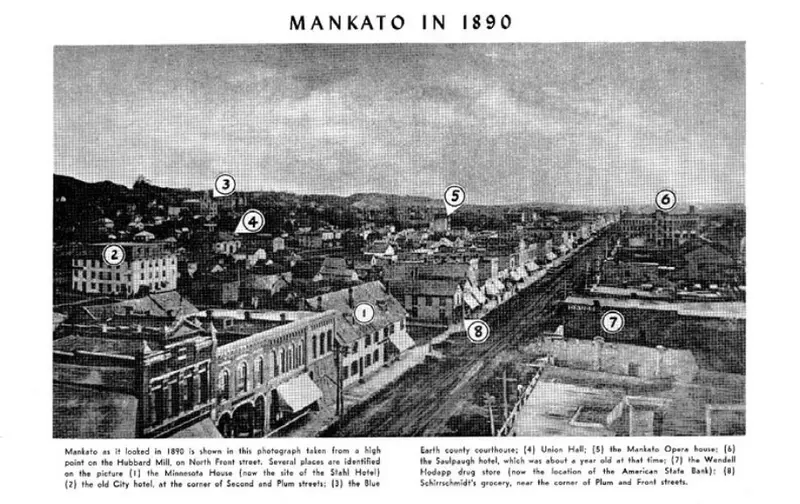
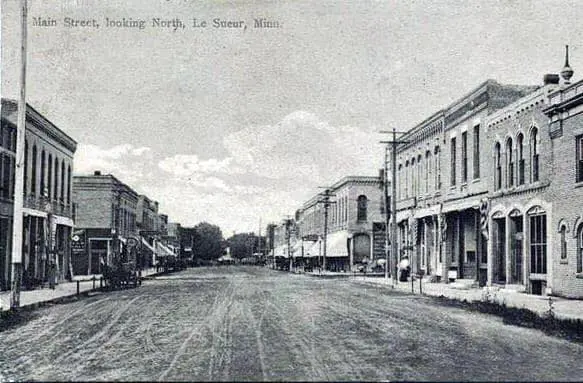
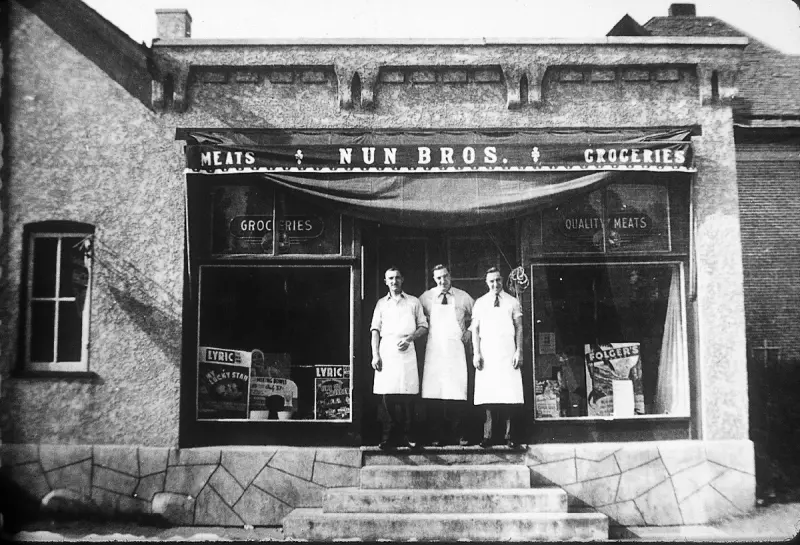
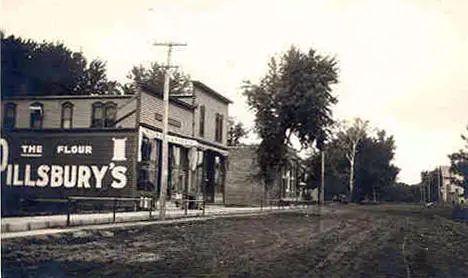
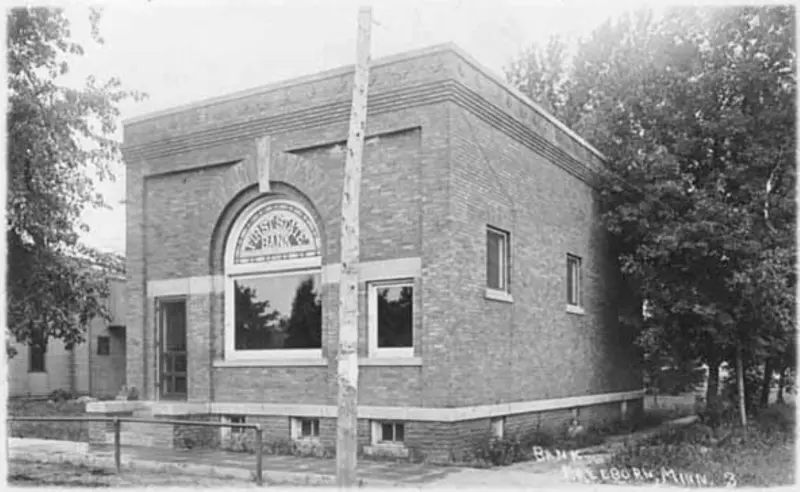
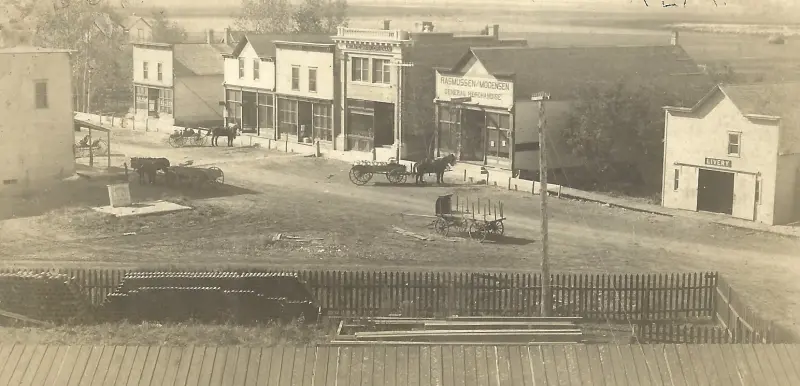
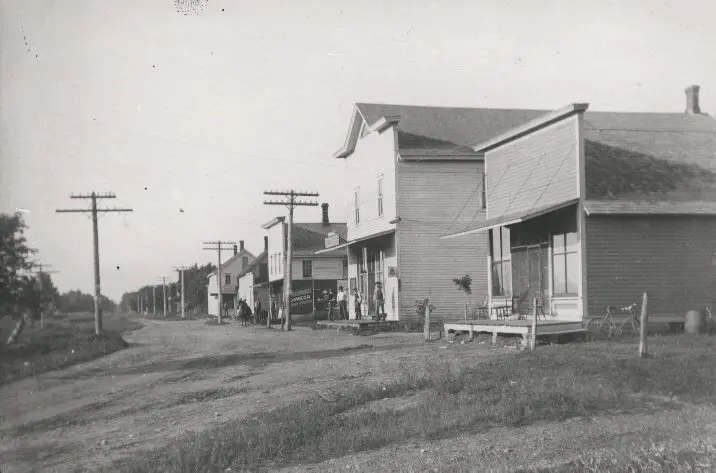
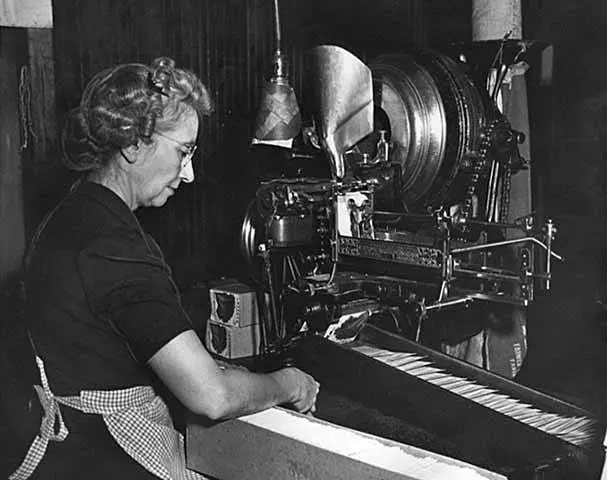
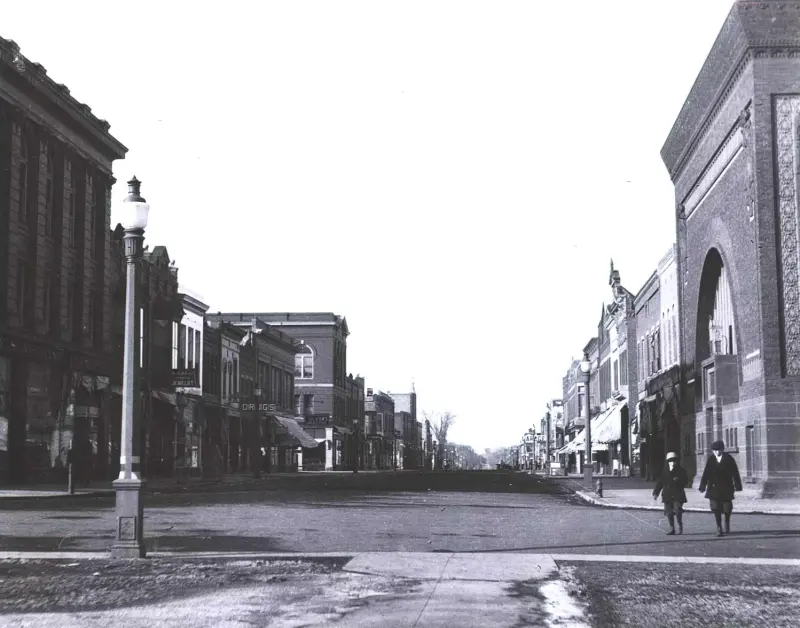
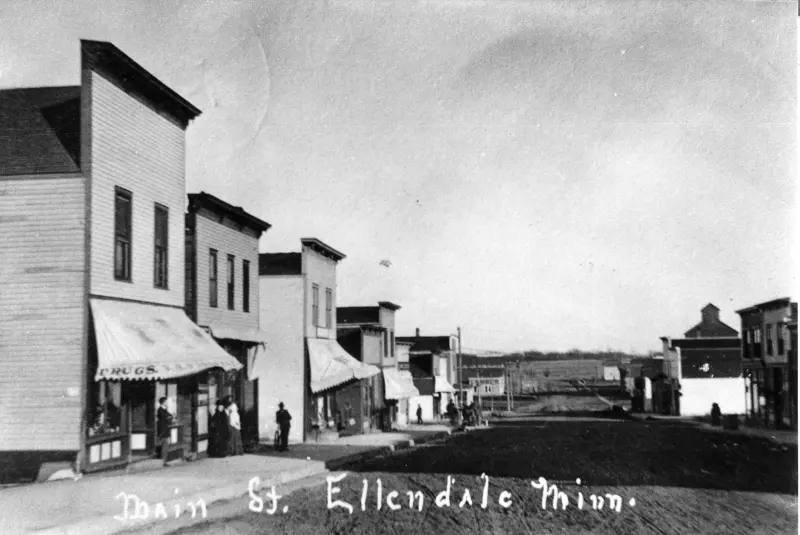
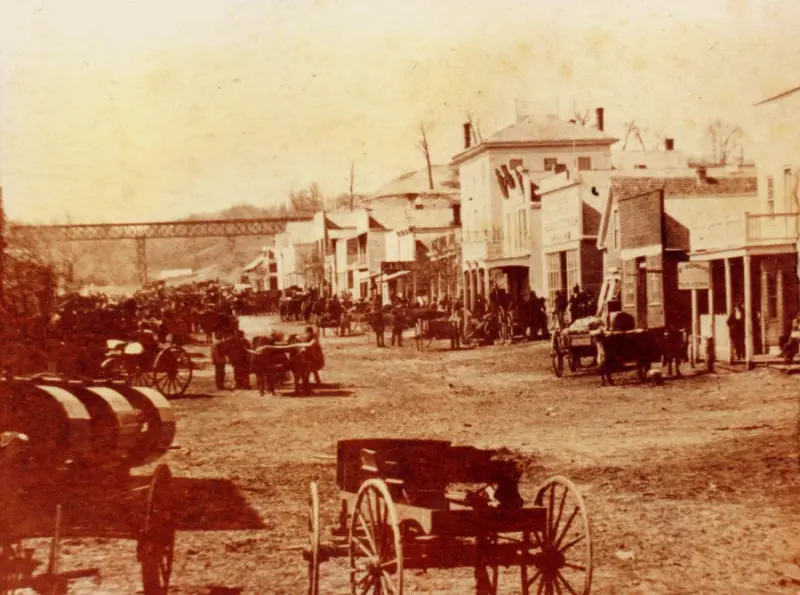
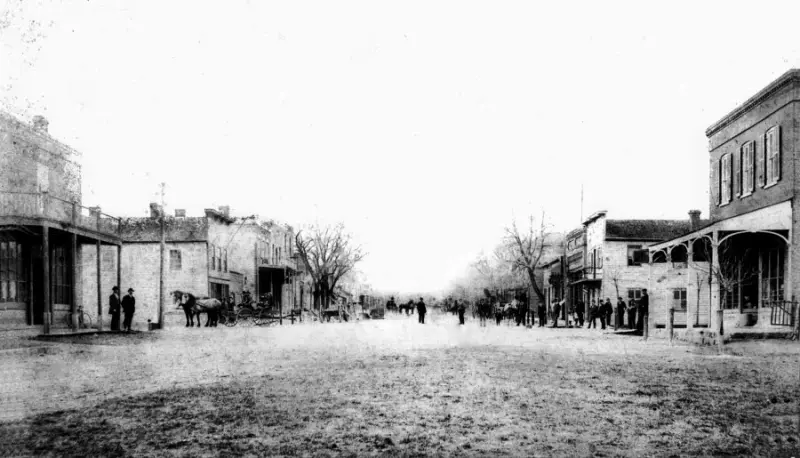
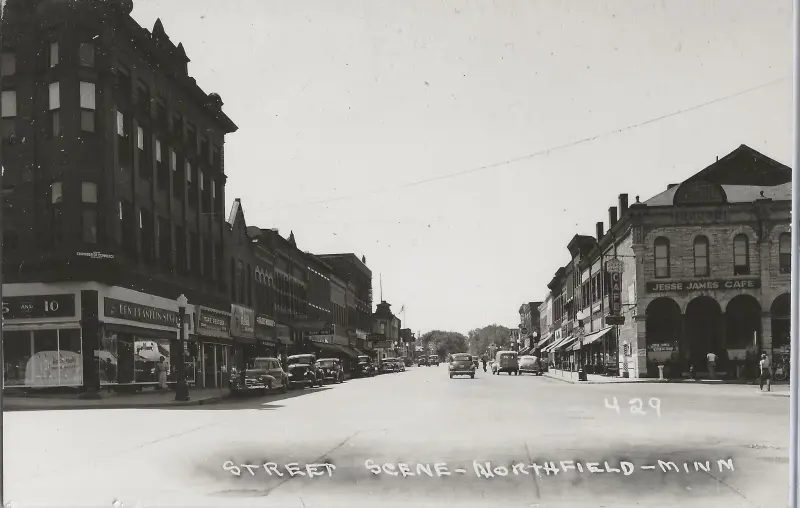
Sin comentarios aún, sé el primero en comentar...